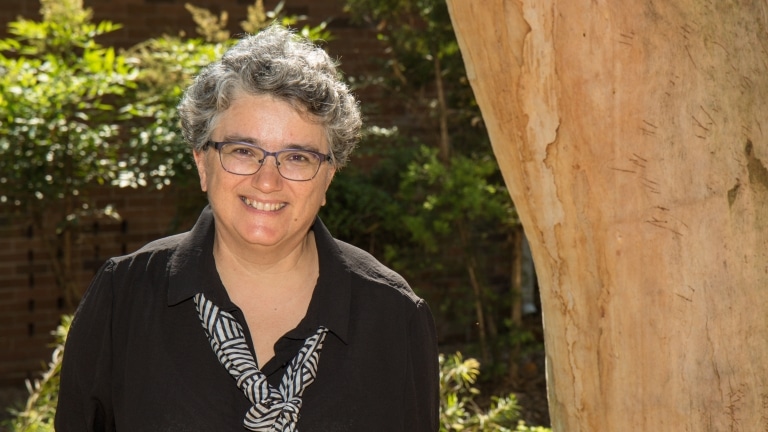
A new, large-scale study has shown that older people can keep pace with those in their twenties – it’s simply a matter of practise.

Multi-tasking has traditionally been considered the domain of the young and frantic. But a new, large-scale study by researchers from Australia and California has shown that older people can keep pace with those in their twenties – it’s simply a matter of practise.
Older brains traditionally process information more slowly, which can make doing more than one thing at a time difficult. However, researchers from the University of Newcastle (UON), Hunter Medical Research Institute (HMRI) and the University of California, Irvine have discovered that it’s possible to train the brain to multi-task.
Professor Frini Karayanidis from the School of Psychology at UON and HMRI’s Brain and Mental Health Program says that it’s important for the human brain to be able to engage with multiple information sources. “However, as we age, our brain tends to process information more slowly and we are less able to quickly adapt to changing demands.”
Even something as simple as maintaining a conversation with our fellow passenger while concentrating on driving can become challenging as we age.
Using data from the Lumosity’s – “Ebb and Flow” game, an app-based brain training game, the team assessed users’ ability to switch between two tasks, and examined how practising a task improved performance.
Older adults performed more poorly on task switching than younger adults, and showed slower rate of improvement with practise. However, the gap between young and old adults reduced with practise, showing significant improvements in task strategy for all groups.
“Importantly, we found that with sufficient practise, some older adults were able to improve their performance to levels equivalent to their younger counterparts,” Professor Karayanidis said.
“It is now important to understand what makes these older adults particularly responsive to practise, and whether this finding can be used to inform approaches to using training to maintain real-world skills, such as safe driving.”
This research has exciting potential for our ageing population as it demonstrates that it IS possible to improve mental performance through training.
HMRI would like to acknowledge the Traditional Custodians of the land on which we work and live, the Awabakal and Worimi peoples, and pay our respects to Elders past and present. We recognise and respect their cultural heritage and beliefs and their continued connection to their land.

Hunter Medical Research Institute
We’re taking healthy further.
Locked Bag 1000
New Lambton
NSW, Australia, 2305



This site is protected by reCAPTCHA and the Google Privacy Policy and Terms of Service apply.
Copyright © 2024 Hunter Medical Research Institute | ABN: 27 081 436 919
Site by Marlin Communications
